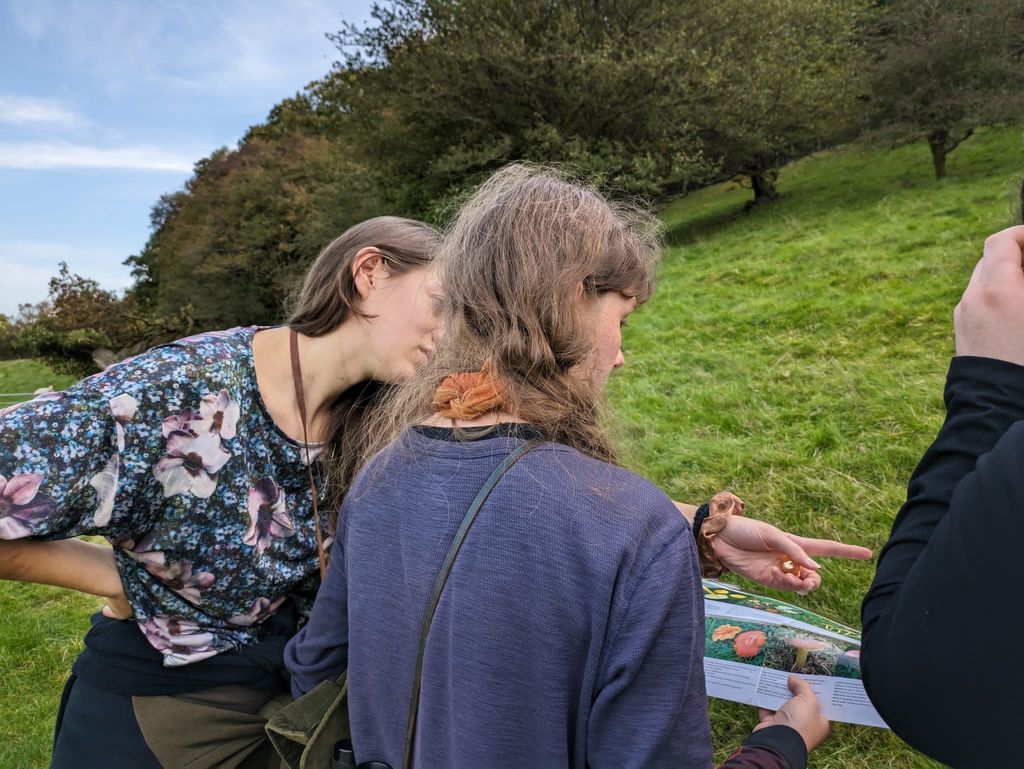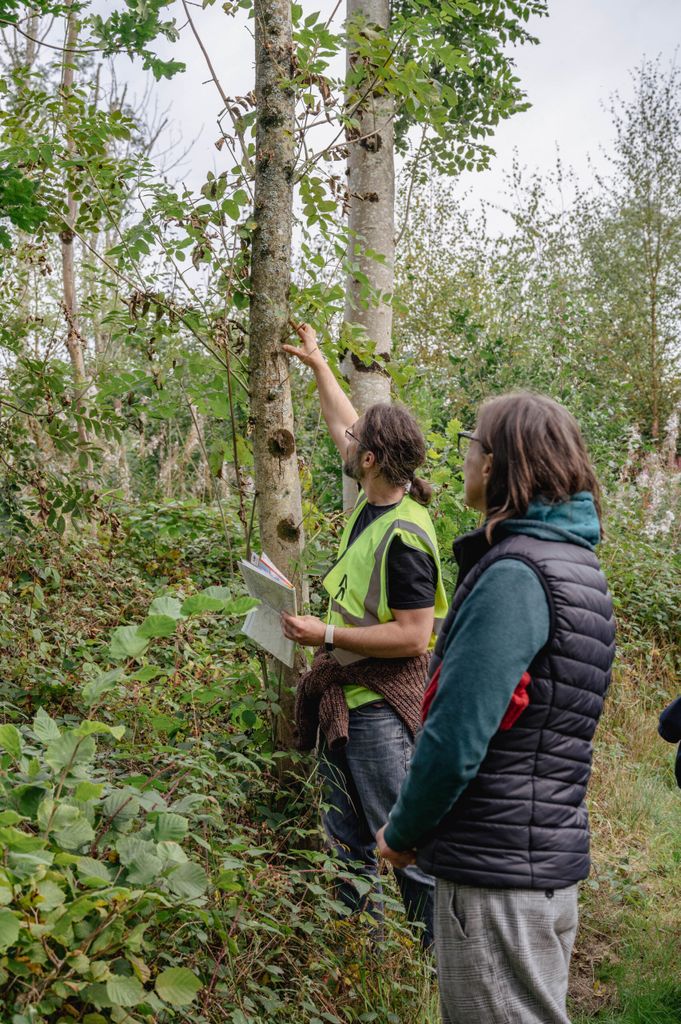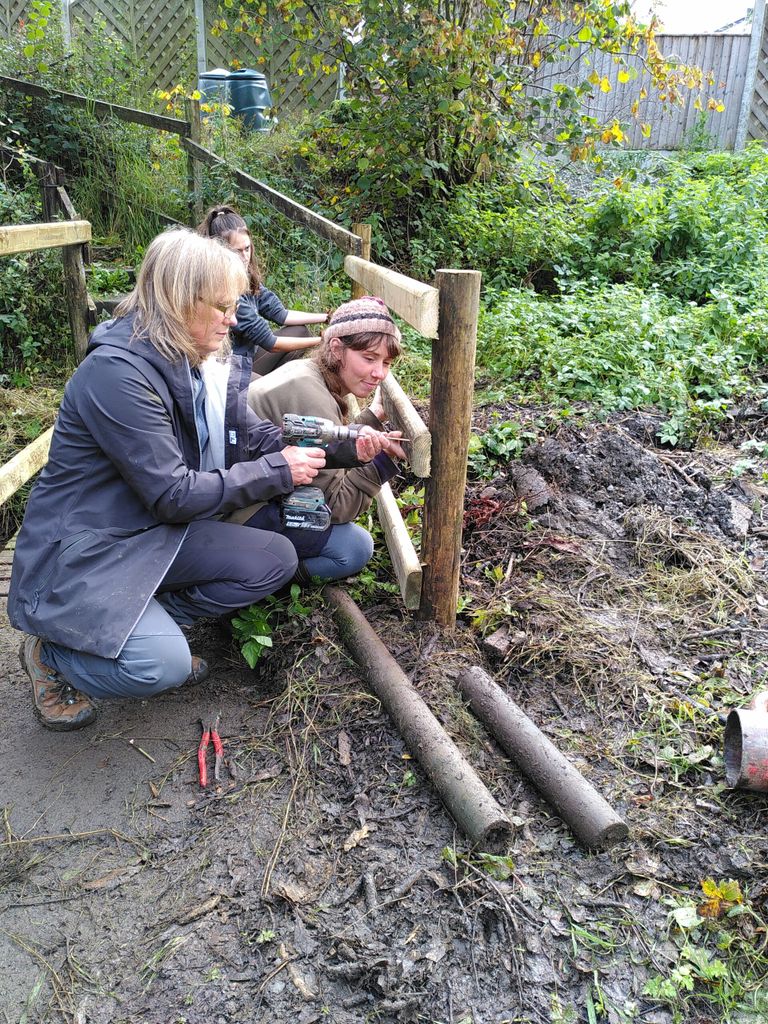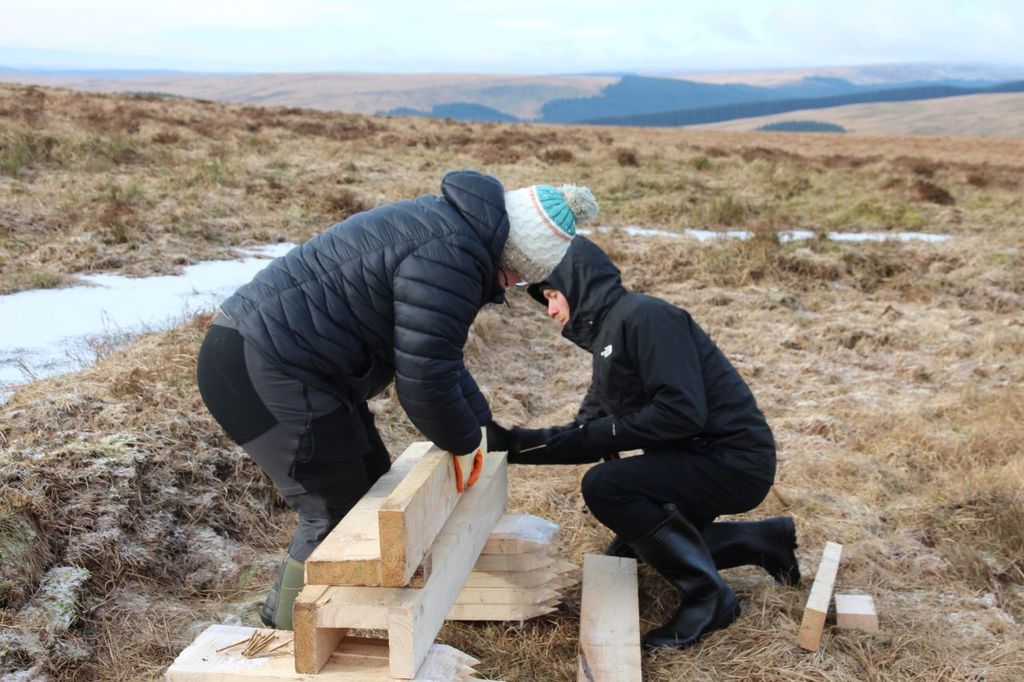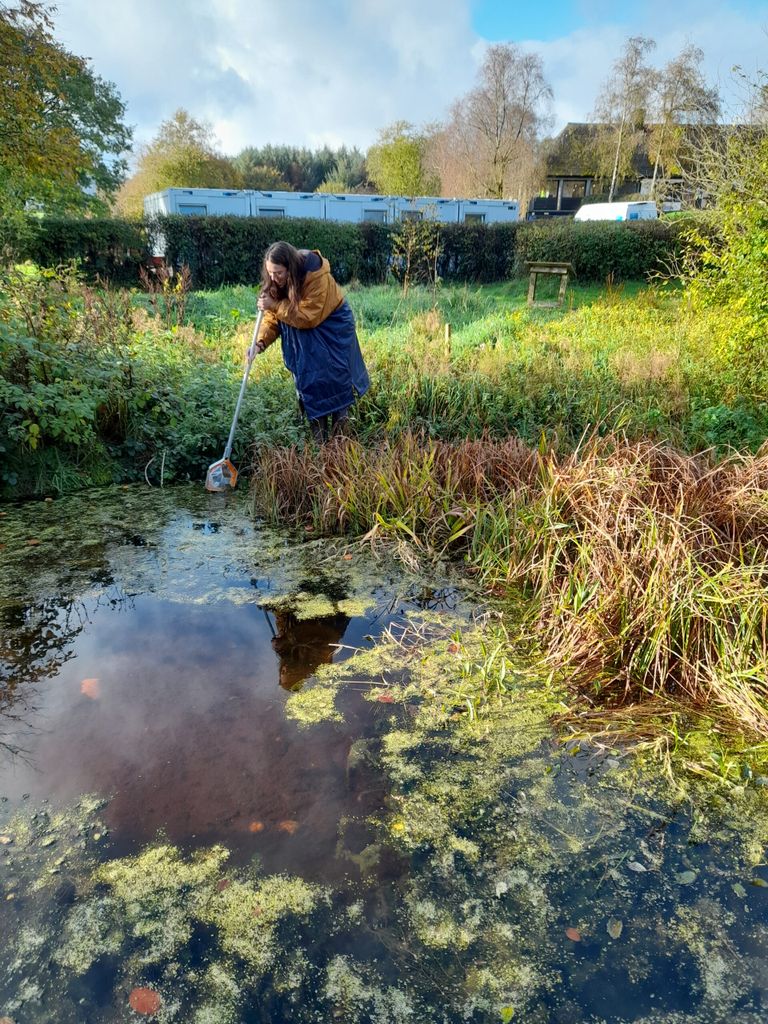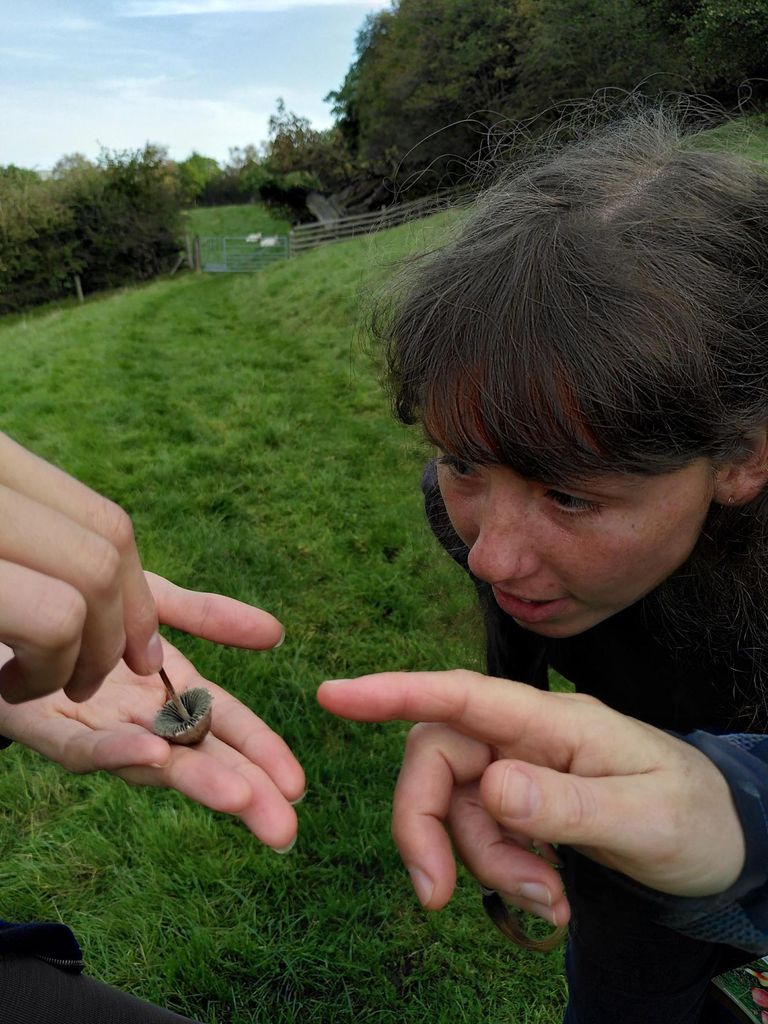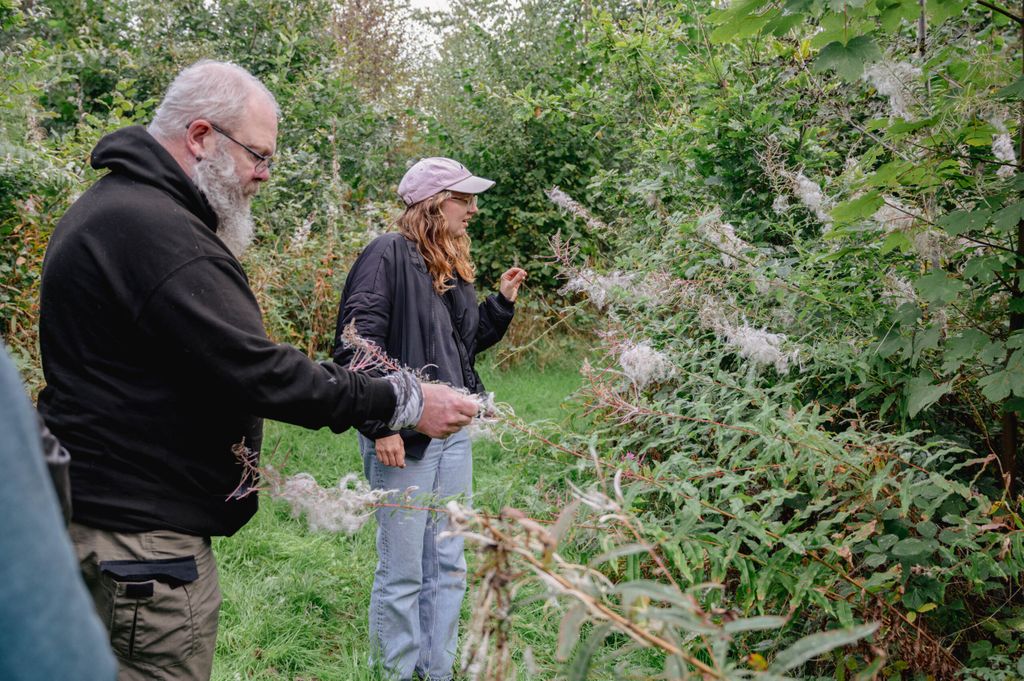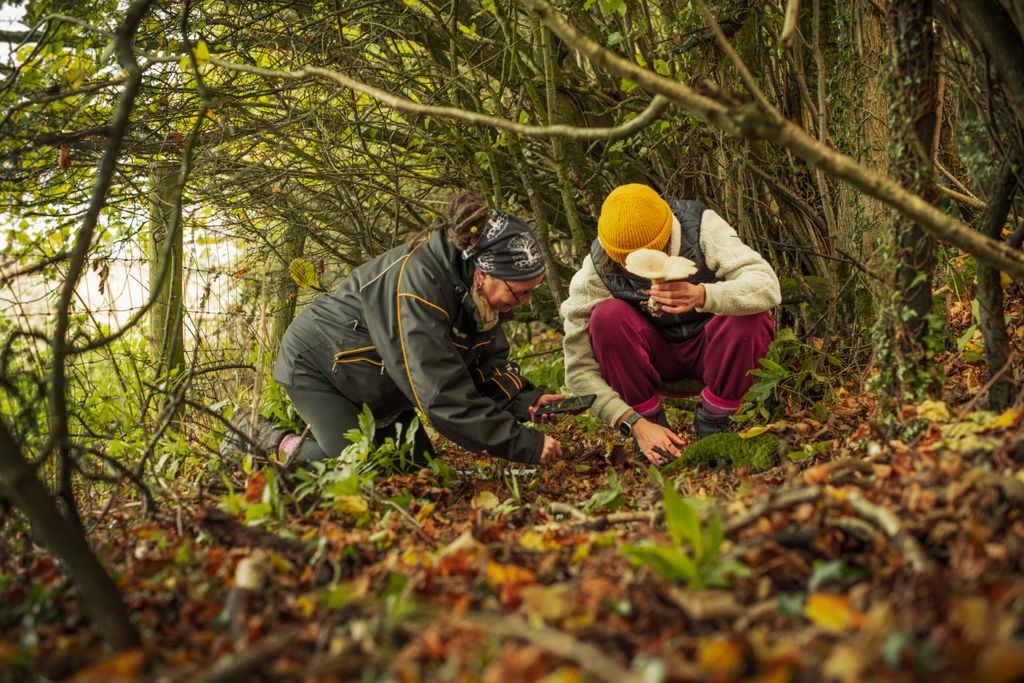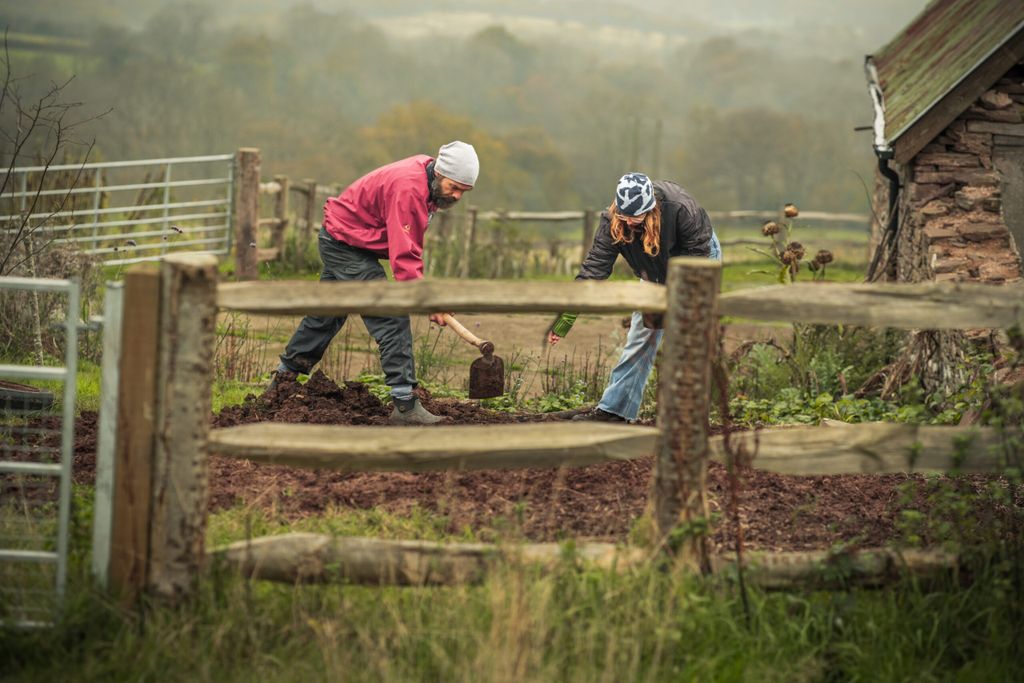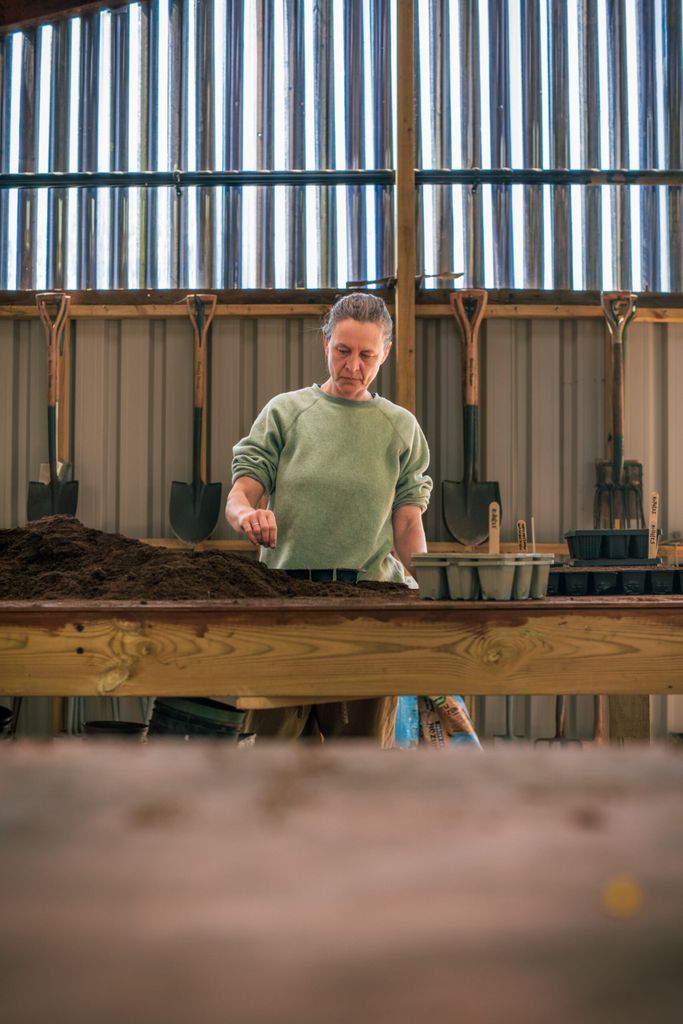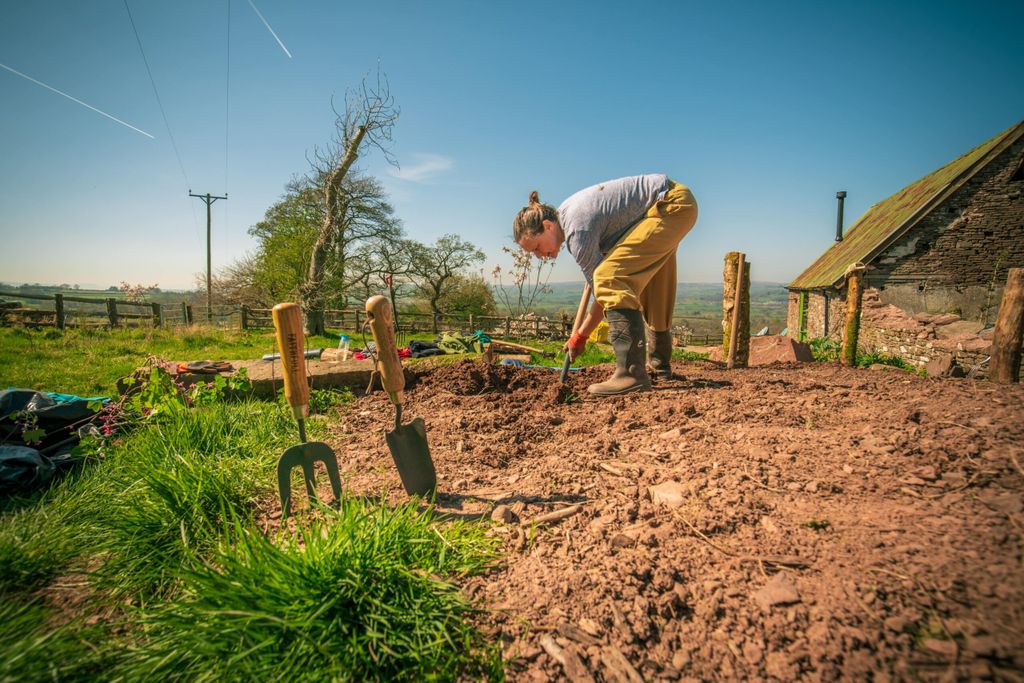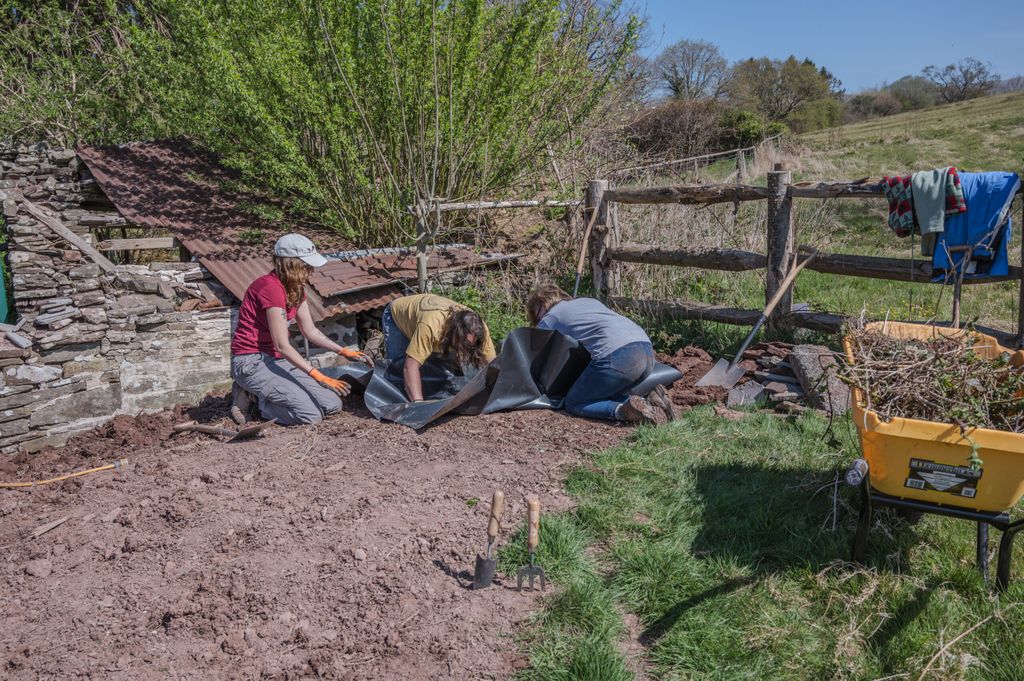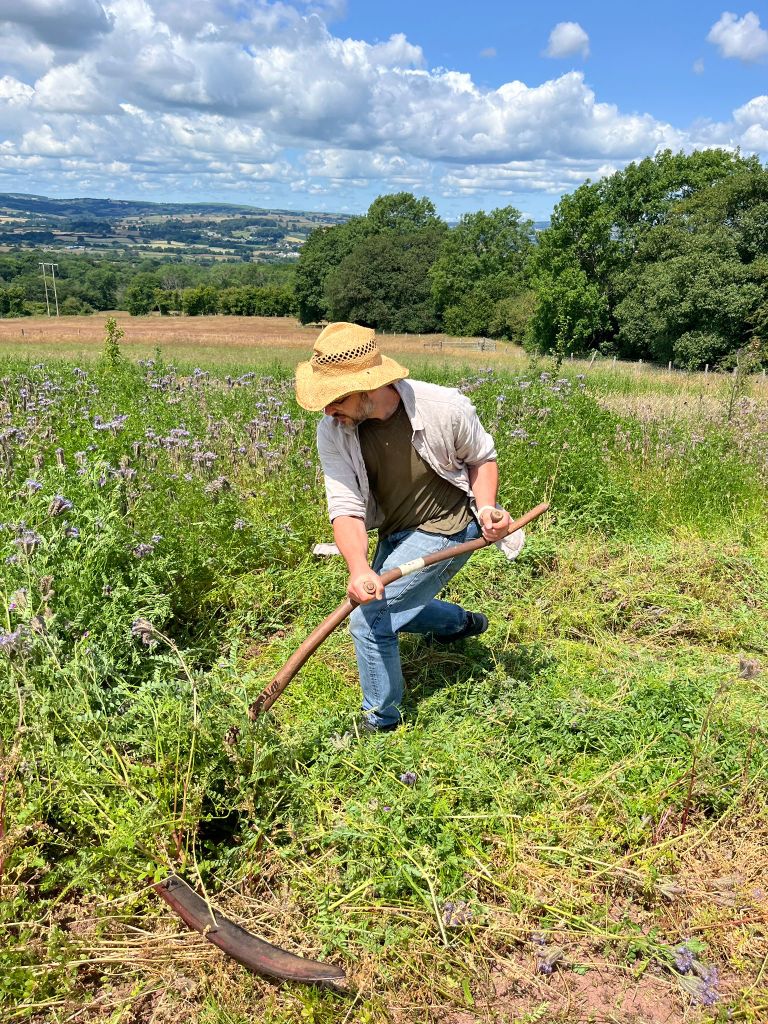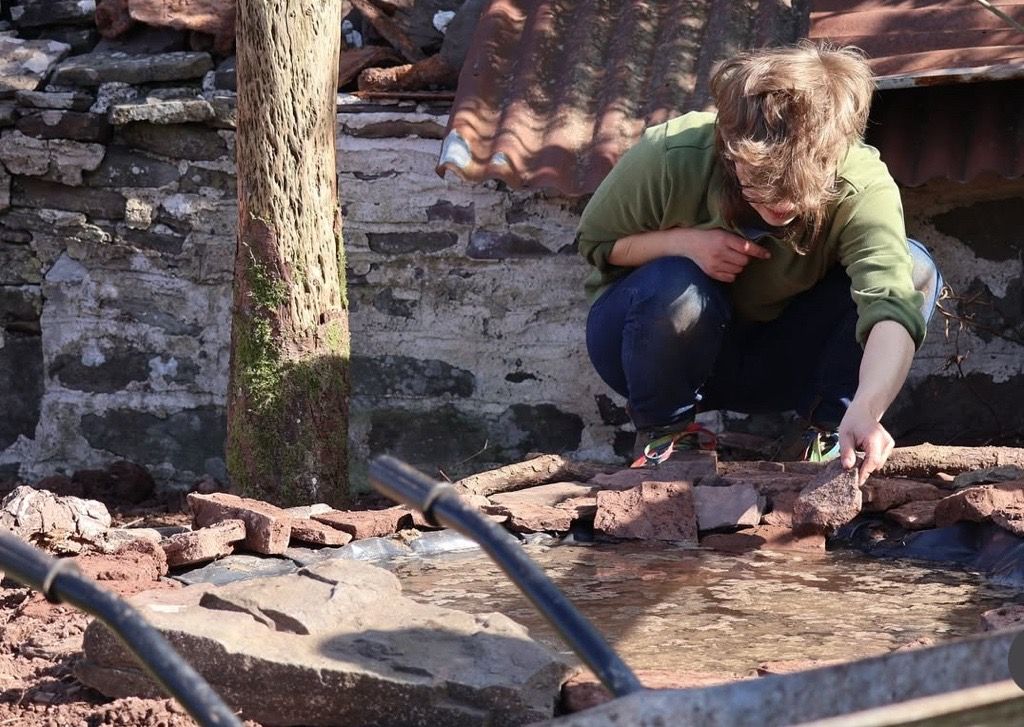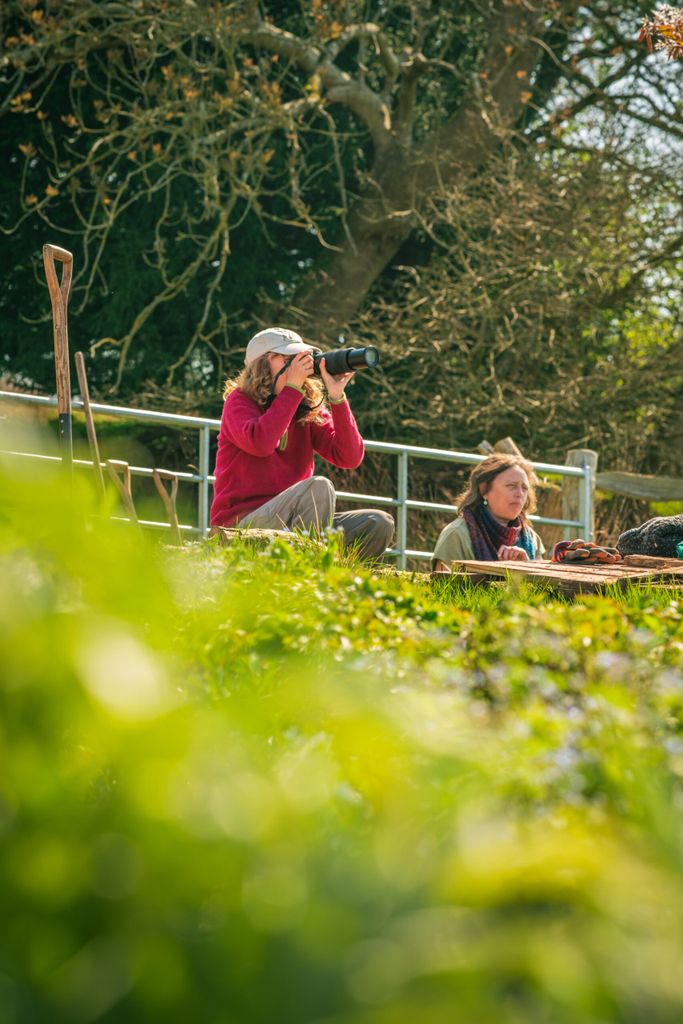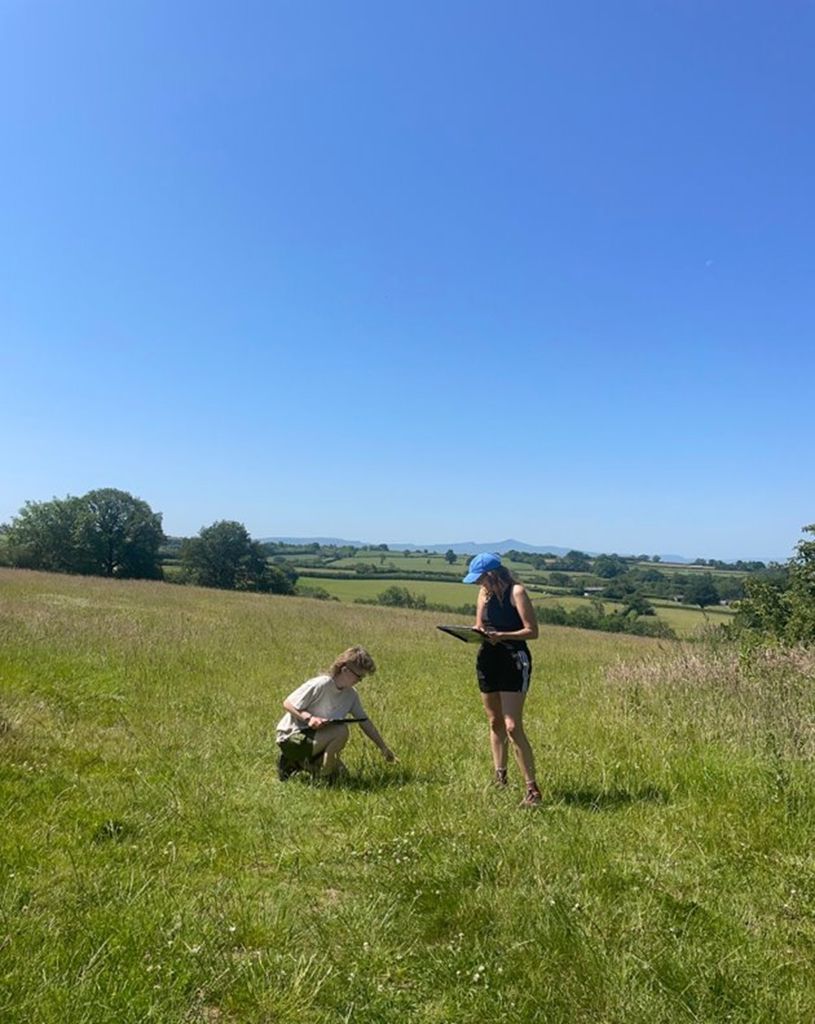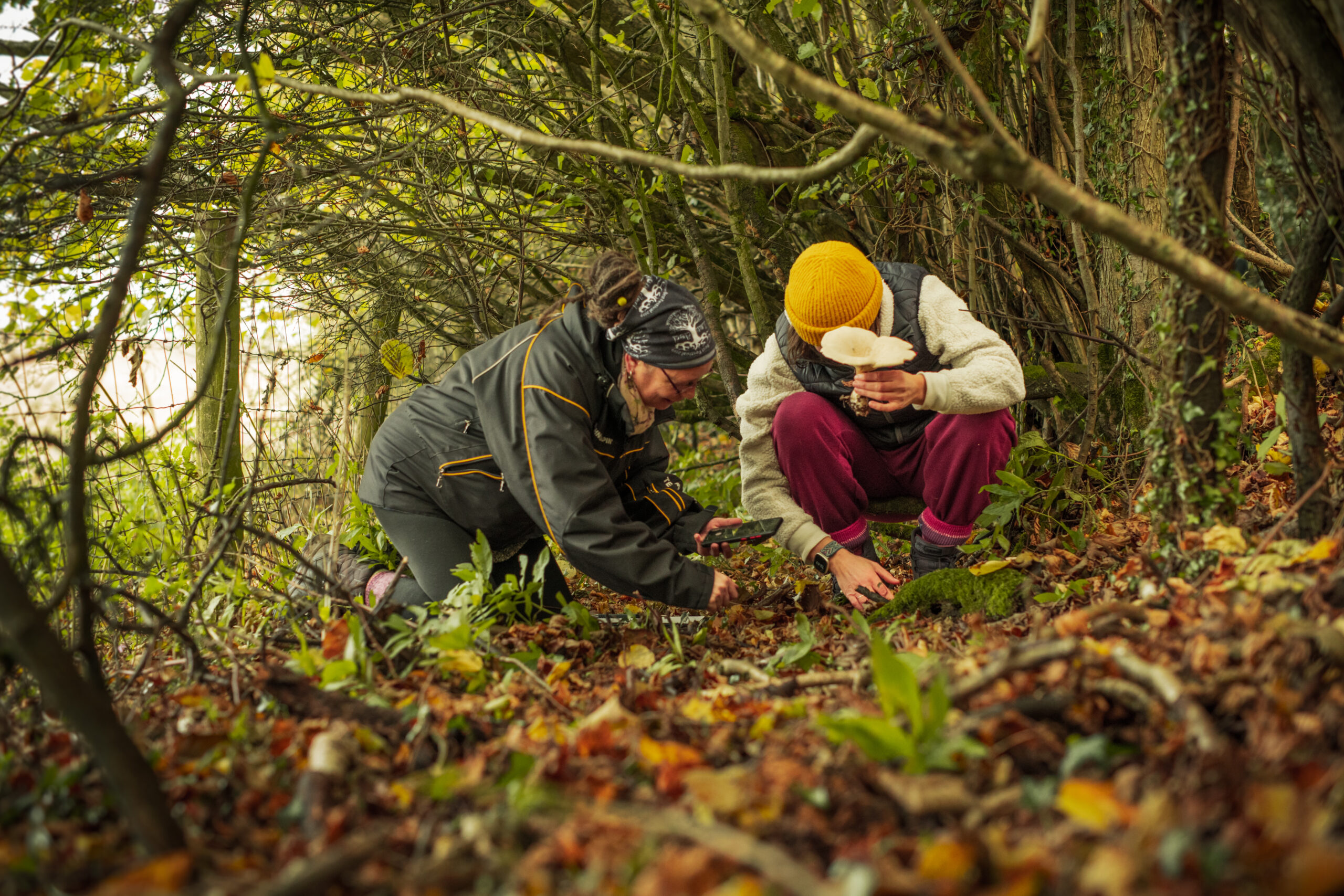
Nature Restoration*
Level 2 Diploma
*Previously known as Nature Recovery
Course introduction
Nature is under threat from climate change and pressures from unsustainable land use practices. Nature Restoration Level 2 is designed to equip learners with the foundational knowledge and practical skills necessary for contributing to nature recovery and conservation efforts. You’ll learn key skills for a career promoting environmental recovery and resilience, studying habitat management, wildlife identification and monitoring, countryside access and surveying.
The course involves a combination of classroom-based learning, practical fieldwork, and assessments to ensure competency in various conservation tasks. This includes designing and carrying out a practical conservation project from start to finish.
BMC aims to support each learner to prepare for and mitigate the effects of climate change in relation to building resilience into the natural environment. It is aimed at individuals interested in starting a career in conservation, looking to enhance their existing skills in environmental stewardship, or make a difference to the world.
This course is offered in partnership with NPTC Group of Colleges.
What will i learn
The course typically covers:
- Introduction to Nature Restoration and People:
Gain an understanding of the importance of biodiversity and ecosystems for both nature and humans. Explore current environmental challenges and review existing conservation strategies and projects.
- Habitat Management:
Learn techniques for managing various types of habitats, and develop practical skills in habitat restoration and maintenance, including tree planting, hedge laying, and scything.
Understand how the maintenance work you do is affected by environmental value in terms of biodiversity, historical and archaeological value. Learn about actions to take in the case of accidental damage to a habitat, wildlife or landscape, and how the work fits into local biodiversity action plans.
- Wildlife Identification and Monitoring:
Learn to identify key species of plants and animals through a variety of techniques and acquire methods for surveying, recording and reporting on wildlife and habitats. Distinguish between different types of habitats by identifying defining characteristics.
Conduct basic survey work relating to the natural environment for habitat types and plants. Undertake practical work in terms of surveying and recording wildlife and habitats and collecting samples for analysis out in the field.
- Conservation Practices:
Explore diverse practices for sustainable land use and learn techniques for soil and water conservation. Obtain the knowledge and skills required to maintain environmental good practice at work and minimise damage to the environment, covering pollution incidents, waste materials, and physical disturbance.
Establish and protect woodland vegetation through practical work, which includes sowing, planting and encouraging natural regeneration. Learn about the effects positioning, mix and density of establishment can have on the growth of vegetation, habitat and landscape quality, and identify methods of encouraging natural regeneration. Discover ways in which vegetation can be damaged, and how to protect this.
- Environmental Legislation and Policy:
Gain an overview of relevant environmental laws and policies and learn about the roles of government and non-governmental organisations in conservation.
- Community Engagement and Public Access:
Develop strategies for raising awareness and involving local communities in nature recovery projects, whilst effectively communicating conservation messages. Learn how you can safeguard members of the public and the environment during site visits through promoting H&S procedures, following current legislation and encouraging use of the site in a way which causes minimal damage and disturbance to the land, wildlife, and flora and fauna.
- Practical Conservation Projects:
Design and deliver a land restoration project at our farm, Troed yr Harn. Gain hands-on experience through participation in a variety of local conservation projects.
Learn to install other structures which are not boundaries or access structures, for example, large hides, screens, benches and bins. Learn to solve real-world problems in relation to conservation and prepare for a career after your course.
- Health and Safety in Conservation Work:
Learn to ensure personal and team safety during fieldwork, whilst understanding risk assessments and safe working practices, especially during remote locations. Look at how to minimise environmental damage during any practical work.
- Communication and Relationship Building:
Improve teamwork skills in practical fieldwork sessions and promote effective working relationships. Use your improved communication skills to communicate clearly with members of the public, promoting sustainable and safe countryside access to the public whilst ensuring equal access.
Why study nature restoration?
Students will study in beautiful real-life countryside settings. Whether you are new to countryside, nature, and environment work, or have some knowledge and basic skills, this course will help you to develop a successful career and make a real difference in national parks, local authorities, and wildlife trusts.
After this course, students may be able to:
- Move into a Level 3 course in Environmental Conservation, or Countryside and Environment
- Start a career working with a National Park, Wildlife Trust, or land management company
- Use this qualification towards entry to the BMC undergraduate course, BA (Hons) Sustainable Futures: Arts, Ecology, and Systems Change
This qualification could provide an introduction or pathway into a variety of future career opportunities including:
- Nature Restoration management
- Countryside Ranger
- Conservation Officer
- Nature Recovery Advisor
- Surveyor
- Ecologist
- Positions in Land Management
- Environmental Consultant
Why study at BMC
- Course tutors have extensive experience from a broad spectrum of areas, bringing innovative techniques and unique knowledge.
- No exams! You will produce a portfolio of evidence throughout the year and be assessed via practical observations, brief oral tests, or short written assignments.
- In unique learning environments, learn real-world practical skills that will help you achieve your goals in the future.
- As a part of your course, you will undertake the BMC Change in Practice Level 2 module 1-day per week, which will enable you to develop your understanding and skills around sustainable development and employability. In this module, you will cover a diverse range of topics, such as ecosystems and biodiversity, active citizenship and project development.
- Your learning experience will be enhanced through practical activities, field trips, guest lectures, and projects relating to your subject.
- Students under the age of 18 without Grade 4/ C or above in English and Maths at GCSE level can opt for additional teaching and support to study for these qualifications alongside their course.
Courses content may be subject to change without notice. Known as C&G Work-Based Environmental Conservation.
Location
Talgarth or Treherbert
Tuition Time
3 days per week, Wednesday to Friday
Course Length
1 year, September to July
Minimum Age
16 years (no maximum age)
Entry Requirements
– No formal grades required, but you should be comfortable working at GCSE standard and be able to use basic IT including internet and email access.
Cost
Tuition is fully funded. You will just need to ensure you can cover your own costs of living for the duration of the course.
Kit Requirements
Warm waterproof clothing and shoes for working outdoors, and a pair of wellies.
Downloads
-
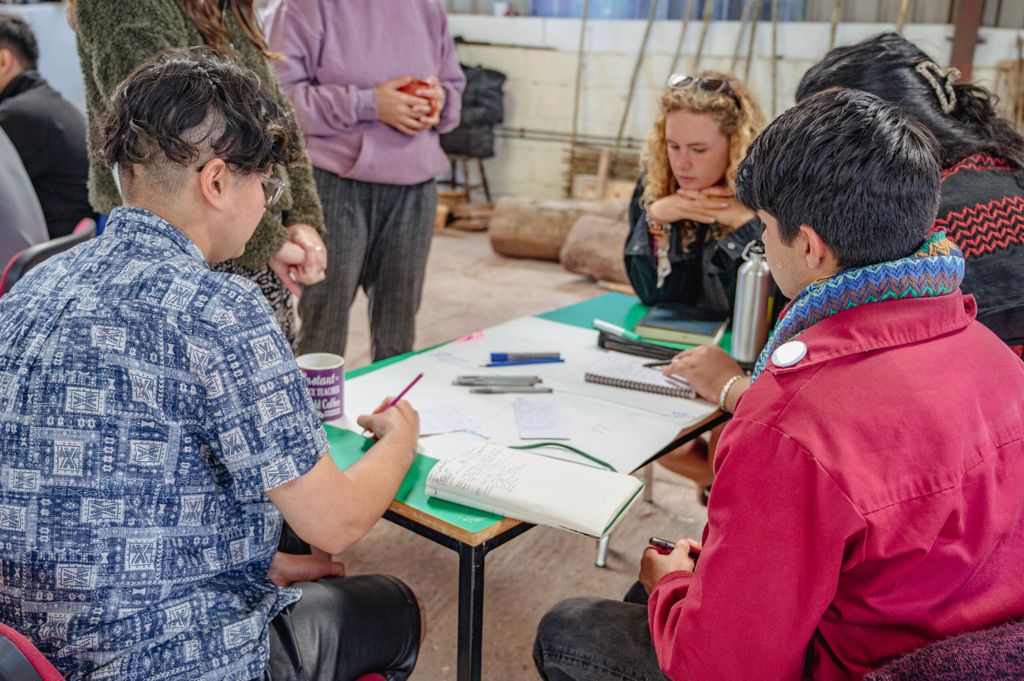
Apply
Apply now for BA (Hons) Sustainable Futures: Arts, Ecology and Systems Change! Further Education Applications for a September 2025 start are now closed, but applications are still open for January-starting courses!
-
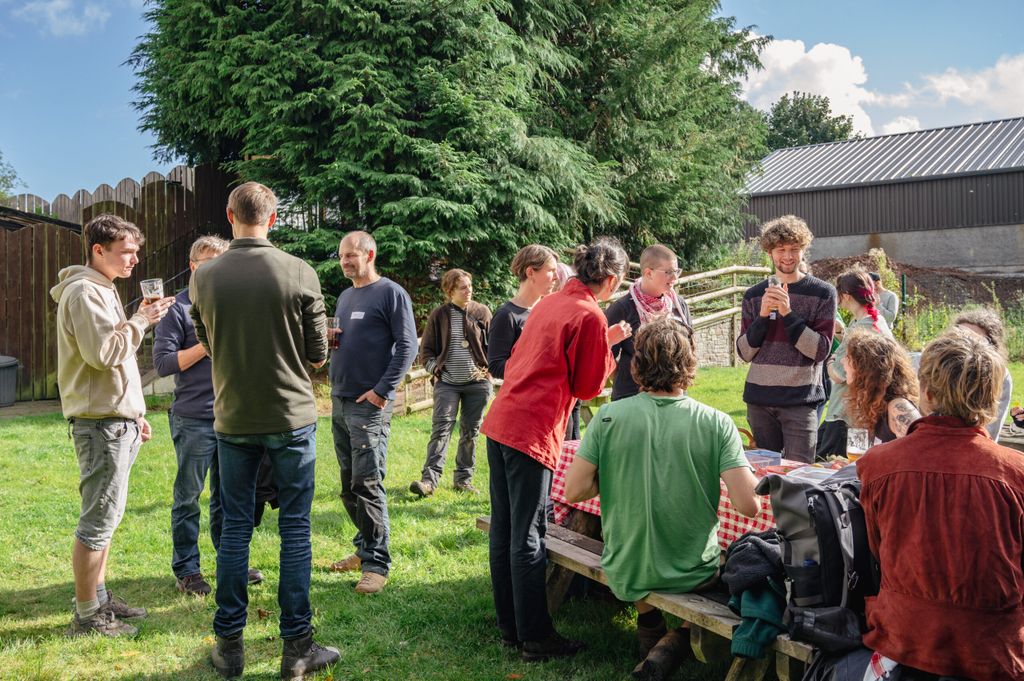
Student Life
At Black Mountains College (BMC), student life is as unique and transformative as the education itself. Whether you’re studying for a degree in Sustainable Futures or completing a vocational course, your time here will be connected to nature, community, and hands-on learning.
The BMC Prospectus
Download the Black Mountains College prospectus for an overview of our courses, campuses, and vibrant student life
Visit us
Come along to one of our Discovery Days or Campus Tours to explore our campuses and meet your tutors

